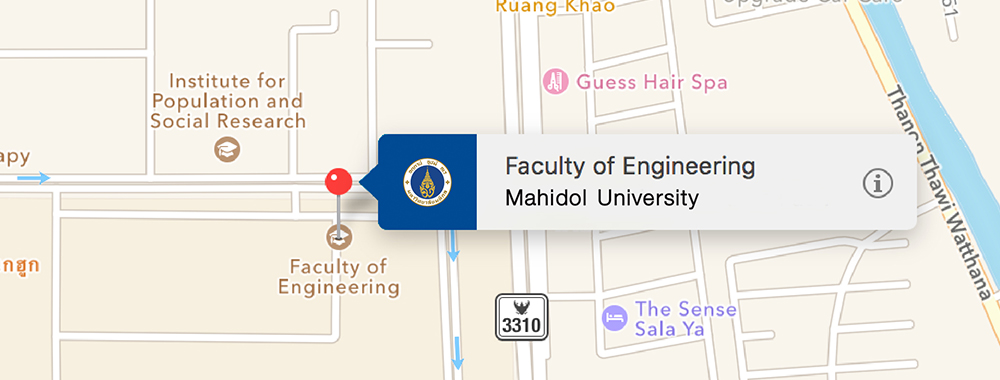About ABET Accreditation
What Is ABET?
ABET is a nonprofit, ISO 9001 certified organization that accredits college and university programs in applied and natural science, computing, engineering and engineering technology.
What Distinguishes ABET Accreditation?
ABET accreditation is not a ranking system. It is a form of quality assurance for programs in the areas of applied and natural science, computing, engineering, and engineering technology. Our accreditation is recognized globally as evidence that a program meets the standards set by its technical profession.
ABET offers accreditation to programs only, not to degrees, departments, colleges, institutions, or individuals.
ABET is a federation of member professional and technical societies. These societies and their individual members collaborate through ABET to develop standards of quality, known as ABET Criteria, on which our review teams base their evaluations of programs under consideration for accreditation.
ABET’s Core Purpose
With ABET accreditation, students, employers, and the society we serve can be confident that a program meets the quality standards that produce graduates prepared to enter a global workforce.
Objectives of ABET Accreditation
- Assure that graduates of an accredited program are adequately prepared to enter and continue the practice of engineering
- Stimulate the improvement of engineering education;
- Encourage new and innovative approaches to engineering education and its assessment; and
- Identify accredited programs to the public.
ABET Impact
- The accreditation is voluntary, and to date, 4,307 programs at 846 colleges and universities in 41 countries have received ABET accreditation.
- Over 175,000 students graduate from ABET-accredited programs each year, and millions of graduates have received degrees from ABET-accredited programs since 1932.
- More than 35 members of societies that recognize ABET
ABET Philosophy
- Institutions and Programs define mission and objectives to meet the needs of their constituents – enables program differentiation
- Emphasis on outcomes – preparation for professional practice
- Programs demonstrate how criteria and educational objectives are being met
- Focus on continuous improvement and sense of urgency
ABET Philosophy: Two loops processes

ABET Criteria
General Criteria for Baccalaureate Program
- Criterion 1. Students
- Criterion 2. Program Educational Objectives (PEOs)
- Criterion 3. Student Outcomes (SOs)
- Criterion 4. Continuous Improvement
- Criterion 5. Curriculum
- Criterion 6. Faculty
- Criterion 7. Facilities
- Criterion 8. Institutional Support
- Program Criteria
ABET AS OUTCOMES BASED EDUCATION: OBE

ABET Criteria 3: Student Outcomes
- an ability to identify, formulate, and solve complex engineering problems by applying principles of engineering, science, and mathematics
- an ability to apply engineering design to produce solutions that meet specified needs with consideration of public health, safety, and welfare, as well as global, cultural, social, environmental, and economic factors
- an ability to communicate effectively with a range of audiences
- an ability to recognize ethical and professional responsibilities in engineering situations and make informed judgments, which must consider the impact of engineering solutions in global, economic, environmental, and societal contexts
- an ability to function effectively on a team whose members together provide leadership, create a collaborative and inclusive environment, establish goals, plan tasks, and meet objectives
- an ability to develop and conduct appropriate experimentation, analyze and interpret data, and use engineering judgment to draw conclusions
- an ability to acquire and apply new knowledge as needed, using appropriate learning strategies.

